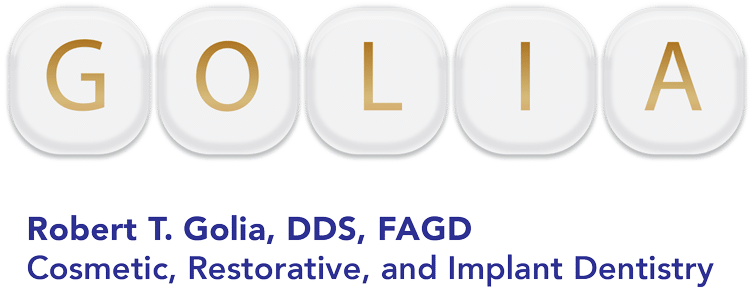Dental implants are considered to be the gold standard of tooth replacement options. They come highly recommended by dentists because of their many health benefits. But some patients question their safety. It’s normal to have concerns about dental procedures, but rest assured that an estimated 5 million dental implants are placed each year in the US and they are FDA approved to be safe and effective.
Are you considering getting one or more dental implants? Here’s what you should know about the safety of dental implants for yourself.
Addressing Safety Concerns
Some of the safety concerns patients and dental professionals have about dental implants are as follows:
- The use of titanium. Dental implants are made of titanium because it is a biocompatible material. For most people, titanium can easily osseointegrate (fuse) with the jaw bone. But some people are allergic or sensitive to titanium or the metals it contains, such as copper, zinc, lead, or nickel. If you know you have an allergy or a sensitivity to any of these metals, dental implants may not be the best treatment option for you. Your dentist should discuss this potential concern with you, but if not, you should certainly mention it during your consultation.
- Risks for smokers. If you are a regular or frequent smoker, your risk of complications with dental implants is increased. Smoking has all sorts of negative effects on the body, but specifically it causes restricted blood flow to the mouth tissues. This prevents the dental implant from bonding with the jaw and inhibits the healing process after placement. If you wish to get a dental implant, it will be necessary to quit smoking for a time leading up to the procedure and to avoid it afterwards. Make sure you have solidly given up the habit for good before undergoing the dental implant procedure.
- Bone health. One of the biggest factors in a successful dental implant is a healthy jaw bone. When a tooth is missing or extracted, the jaw bone and support structure for the teeth will start to weaken and eventually dissolve. The longer a tooth has been gone, the weaker the jaw will be. A bone graft procedure may be done to fortify the jaw bone and encourage regeneration. However, if a patient suffers from a degenerative bone disease of any kind, a bone graft may not be effective and a dental implant may fail.
- Gum disease. When gum disease (periodontal disease) is present, it can cause the support structure for the teeth to deteriorate, including the gum tissue and jaw bone. Untreated gum disease is a red flag that indicates you are not ready for a dental implant. But gum disease is curable, and after it is treated and successfully eliminated, you may be eligible for a dental implant.
- Anesthesia. Dental implants are placed under a variety of types of anesthesia. The type of anesthesia is usually determined by the patient’s preference. Most patients can receive a dental implant with just local anesthesia, but others may prefer to be sedated. Oral sedation and IV sedation are both options to help patients relax during dental procedures. With any type of sedation, there is a low risk to most patients. If you have any health issues that would make sedation or anesthesia of any kind a risk for you, discuss your options with your dentist.
The Verdict: Dental Implants Are Safe for Most Patients
There is no such thing as a dental or medical procedure that is 100% safe for every patient. But dental implants are safe for most. Your dentist will perform a thorough evaluation and get your complete medical history to determine whether or not you are an ideal candidate for a dental implant. You should expect nothing less.
Call 203-248-7400 today to schedule a consultation or request an appointment. We look forward to providing you with the safest tooth replacement option for you.

